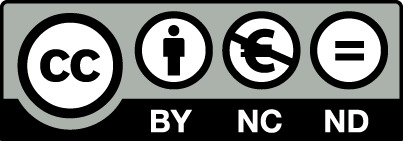ENVIRONMENTAL ASPECT OF INVESTMENT IN SOLAR SYSTEM IN EXAMPLE OF BUSINESS PROVIDING PUBLIC SERVICES. CASE FROM SLOVAK REPUBLIC
JAKUB SIEBER
https://doi.org/10.53465/EDAMBA.2021.9788022549301.431-442
Abstract: This paper focus on environmental investment made in small firm in solar system. Based on literature review and recently introduced financial mechanism of European Union for membership states to recover and help countries to become more efficient, digitalized, and face climate changes after COVID-19 crisis, it becomes crucial to point out that not all “green solutions” might yield sustainable advantages. Case from Slovak Republic shows that investment in solar system made in 2017 is dropping its competitive advantage when we calculate Life Cycle Assessment. Paper is dealing with national policies declared by state authorities in Slovak Republic and also European Union with tendency to lower emissions of CO2. When assuming that goals of state authorities and EU are reachable in field of energetic mix, in this particular case the firm will be leaving higher carbon footprint 10 years after investment in solar panels as it did not invest in solar system. In 2017, the savings in the carbon footprint of the surveyed company in LCA in absolute terms amounted to 1551 tons, or 0.03 tons per kWh, but by assumptions, in 2027 carbon footprint will be higher by 0,005 ton per kWh despite operating own solar system.
Keywords: renewable resources, Life Cycle Assessment, carbon footprint
JEL classification: Q20, Q42, Q40
Fulltext: PDF
Online publication date: 12 May 2022
To cite this article (APA style):
Sieber, J. (2022). Environmental Aspect of Investment in Solar System in Example of Business Providing Public Services. Case from Slovak Republic. Proceedings from the EDAMBA 2021 conference, 431 – 442. https://doi.org/10.53465/EDAMBA.2021.9788022549301.431-442
License:

This work is licensed under a Creative Commons Attribution-NonCommercial-NoDerivatives 4.0 International License.